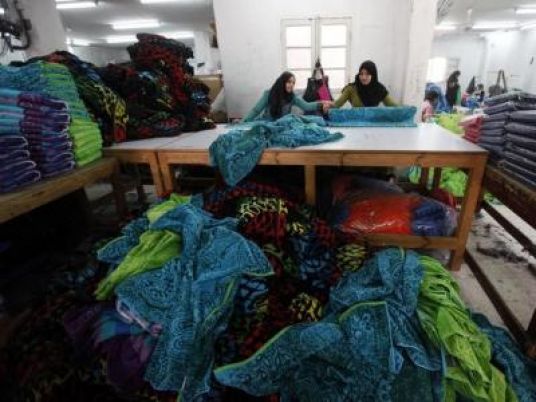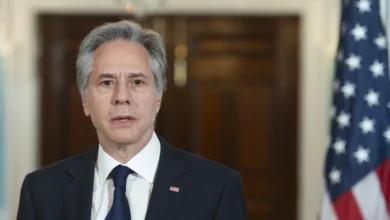Beijing–US President Barack Obama meets Tibetan spiritual leader the Dalai Lama on Thursday, a move that has been denounced by China.
The Obama administration delayed meeting the Dalai Lama, who has lived in exile since a failed Tibetan uprising in 1959, until after Obama’s November visit to Beijing so as not to inflame tensions with China, which accuses the monk of separatism.
With the two giant nations joined at the hip economically, Sino-US tensions are unlikely to escalate into outright confrontation, but could make cooperating on global economic
and security issues all the more difficult.
The United States complains that China keeps its currency artificially undervalued, thus unfairly helping exporters. China has unofficially pegged the yuan to the dollar since
mid-2008, meaning its currency has weakened against other trade partners as the value of the dollar has slid.
Beijing is concerned the value of its dollar holdings could be eroded by massive debt issuances to fund the US stimulus. China overtook Japan as the largest foreign holder of US Treasuries in September 2008.
But according to US Treasury data, by the end of 2009 China had reduced its directly-held stake to US$755.4 billion from US$789.6 billion in November, making Japan again the top foreign holder. US lawmakers want to take action on the yuan, but US law makes it difficult to investigate alleged subsidies.
Rash US moves that threaten China’s massive purchases of US debt, and its funding of the US deficit, are unlikely.
A World Trade Organization panel is judging US duties on Chinese tyres, after the United States for the first time imposed safeguard duties agreed to when China joined the WTO.
Other trade disputes centre around steel products, poultry, Chinese tariffs on raw materials exports, and quality and safety concerns over Chinese-made food, toys and other goods that Chinese manufacturers view as a type of protectionism.
US firms investing in China complain about intellectual property theft, murky regulations, corruption and unfair advantages enjoyed by domestic rivals.
China complains about investment barriers on the US side, citing resource investments blocked on national security grounds. In 2009, US exports to China totaled $77.4 billion, but were dwarfed by $220.8 billion in exports from China to the United States, Beijing’s second biggest trade partner. Falling demand thanks to the financial crisis narrowed the trade gap.
China fears that ethnically distinct Tibetan areas will strive for independence, taking with them one-sixth of China’s current territory — an area rich in minerals and water resources.
Taiwan remains a sore point. China has threatened sanctions against companies making weapons or planes involved in the US plan to sell US$6.4 billion of arms to Taiwan.
Beijing has never renounced the use of force to bring self-ruled and democratic Taiwan, which it considers its sovereign territory, under its rule. The United States is legally obliged to help the island defend itself.
As China has grown to the world’s third-largest economy, it is gaining greater clout, especially in Asia and Africa. It is also upgrading its military and space capability, and
Washington has said Beijing should be more open about its defense spending and strategic intentions.
China is wary of the United States’ global military strength. US patrols in waters China considers its exclusive zone led to minor incidents last year. In 2001 a US spy plane was forced to land in China after colliding with a Chinese fighter.
China and the United States work together in talks over North Korea’s nuclear weapons program. China worries that if its neighbor collapses refugees could destabilize northeast
China.
Washington also wants China to put stronger pressure on North Korea, as well as Iran, over their nuclear activities.
US Internet firms have fared poorly in China, which censors content and blocks many foreign websites, including popular social media such as Twitter and Facebook, and YouTube.
On Jan. 12, Google Inc (GOOG.O) said it might pull out of the country after a sophisticated cyber-attack, adding that it would seek talks about offering a legal, uncensored search engine in China. US Secretary of State Hillary Clinton called on China to openly and thoroughly investigate the attacks and made a broad case for global Internet freedom on Jan. 21.




